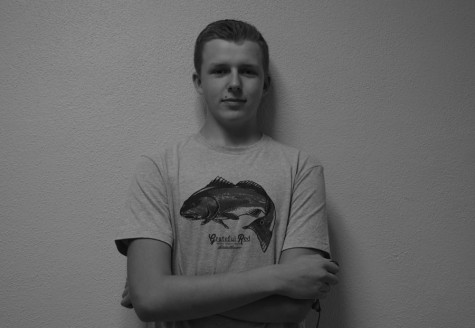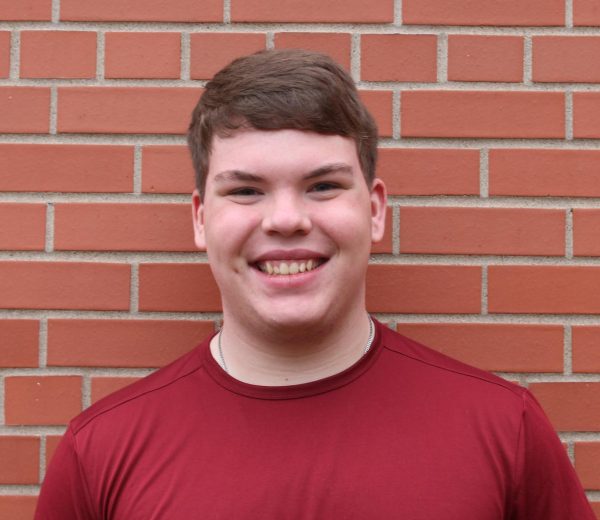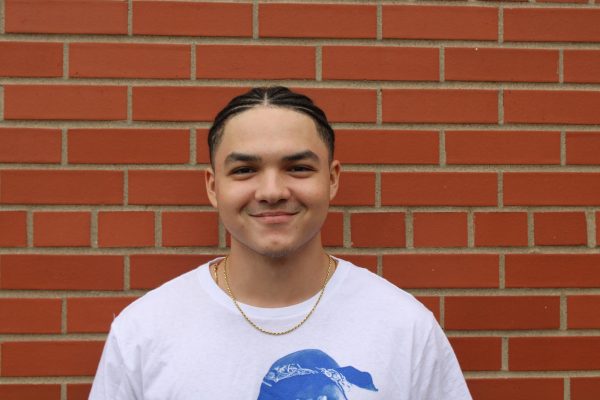Preserve the history
Lake Calhoun should keep its name
September 28, 2015
Lake Calhoun is the biggest lake in Minneapolis and a favorite place for many to exercise and have fun, but its name is being challenged.
Although George Caldwell Calhoun, the lake’s namesake, was a supporter of slavery, he was also Andrew Jackson’s vice president and helped Minnesota become a state.
The lake’s original name, Mde Maka Ska, translates to White Earth in the Dakota language. Then, in 1820, the city of Minneapolis changed the name to Lake Calhoun to honor George Caldwell Calhoun.
According to Mike Spangenberg, the creator of a petition to change the name, the name should be changed since Calhoun was a supporter of slavery.
However, much like Calhoun, many of the founding fathers supported slavery, yet no one challenged them.
For example if Lake Calhoun’s name changes it would be necessary to change the name of Washington State, Washington, D.C. and many other places around the country because George Washington owned slaves.
Then, in 1890, the Minnesota Department of Natural Resources (MNDNR) renamed it Lake Mendoza, which means lake of the loons.
Although Mendoza was the official name for many years, the name never stuck, and eventually was changed back to Calhoun.
The complication with changing the name now is that the law states the MNDNR commissioner can only change the name of the lake if it has been in place for less than 40 years.
If the government allows the name to be changed, it would require the signatures of 15 registered voters, a public hearing, county approval, the signature of the MNDNR commissioner and much more.
Calhoun was a part of Minnesota’s history, for better or for worse, and even though he was a proponent of slavery, he did help Minnesota in its early development.
For example, in 1819, Calhoun established Fort Snelling, a military fort which served as a post for the Union in the Civil War, and was an active military base all the way up to the end of World War II.
Without keeping the remnants of the history of this state, we will not be able to learn from the mistakes of those who came before us.













